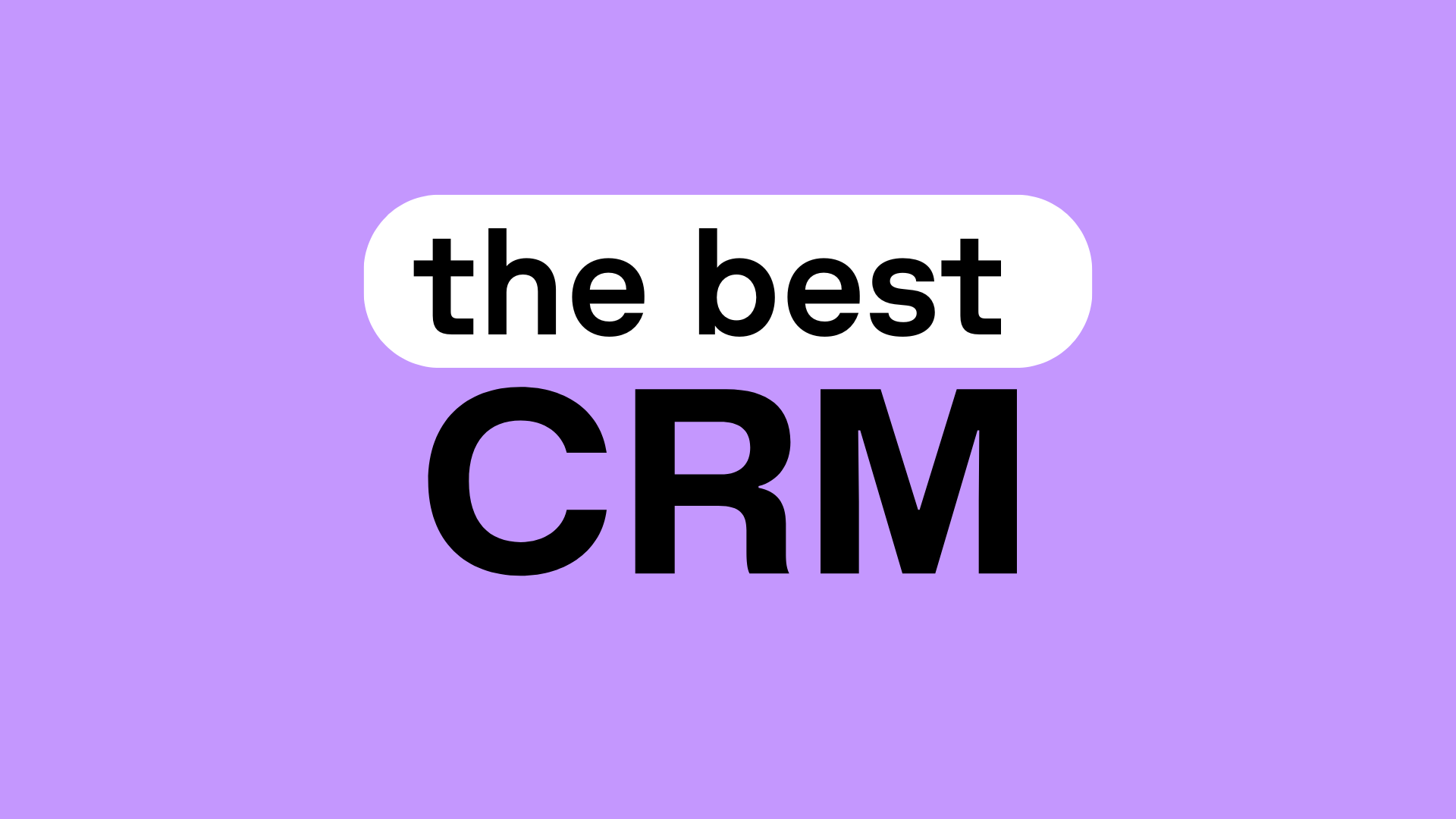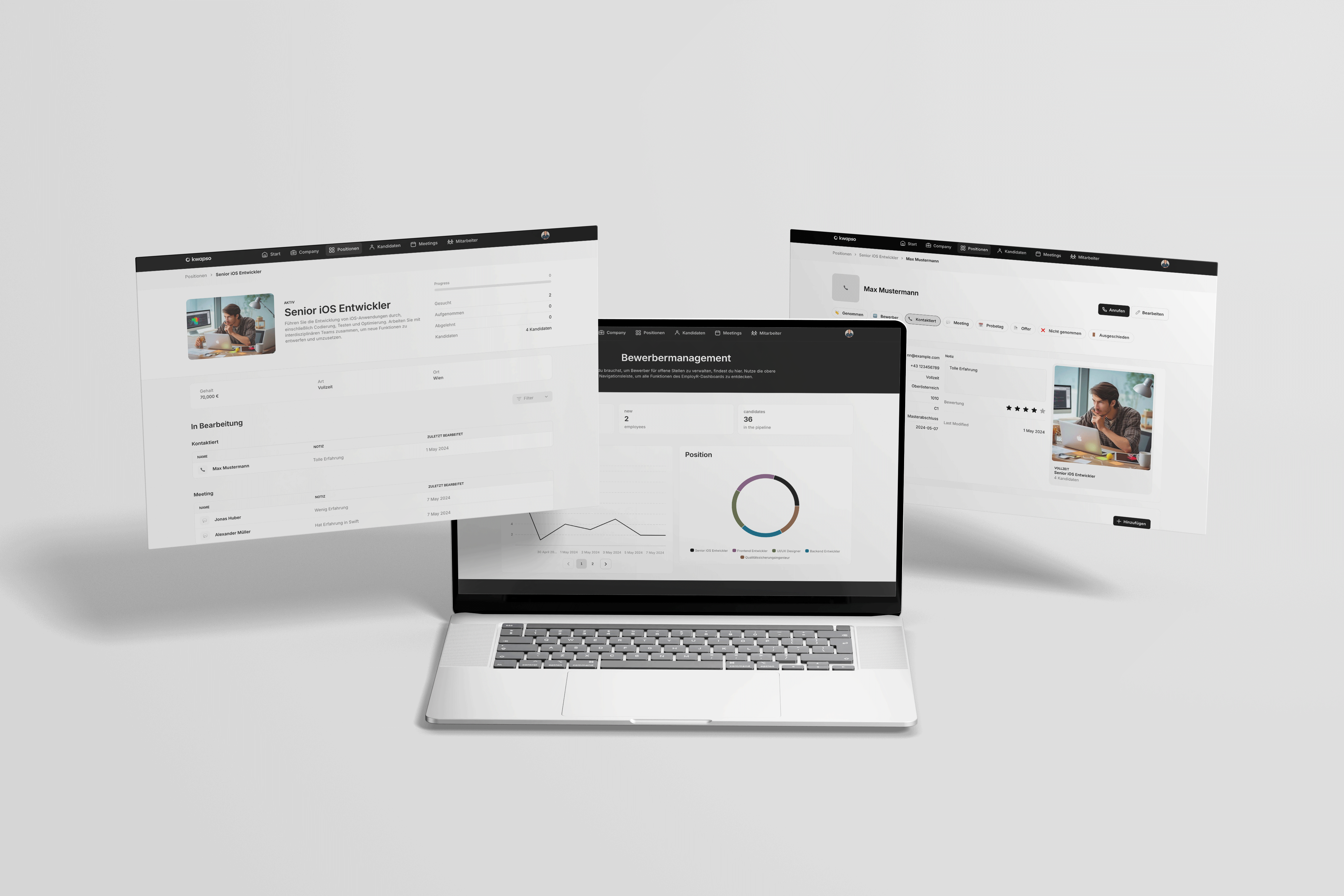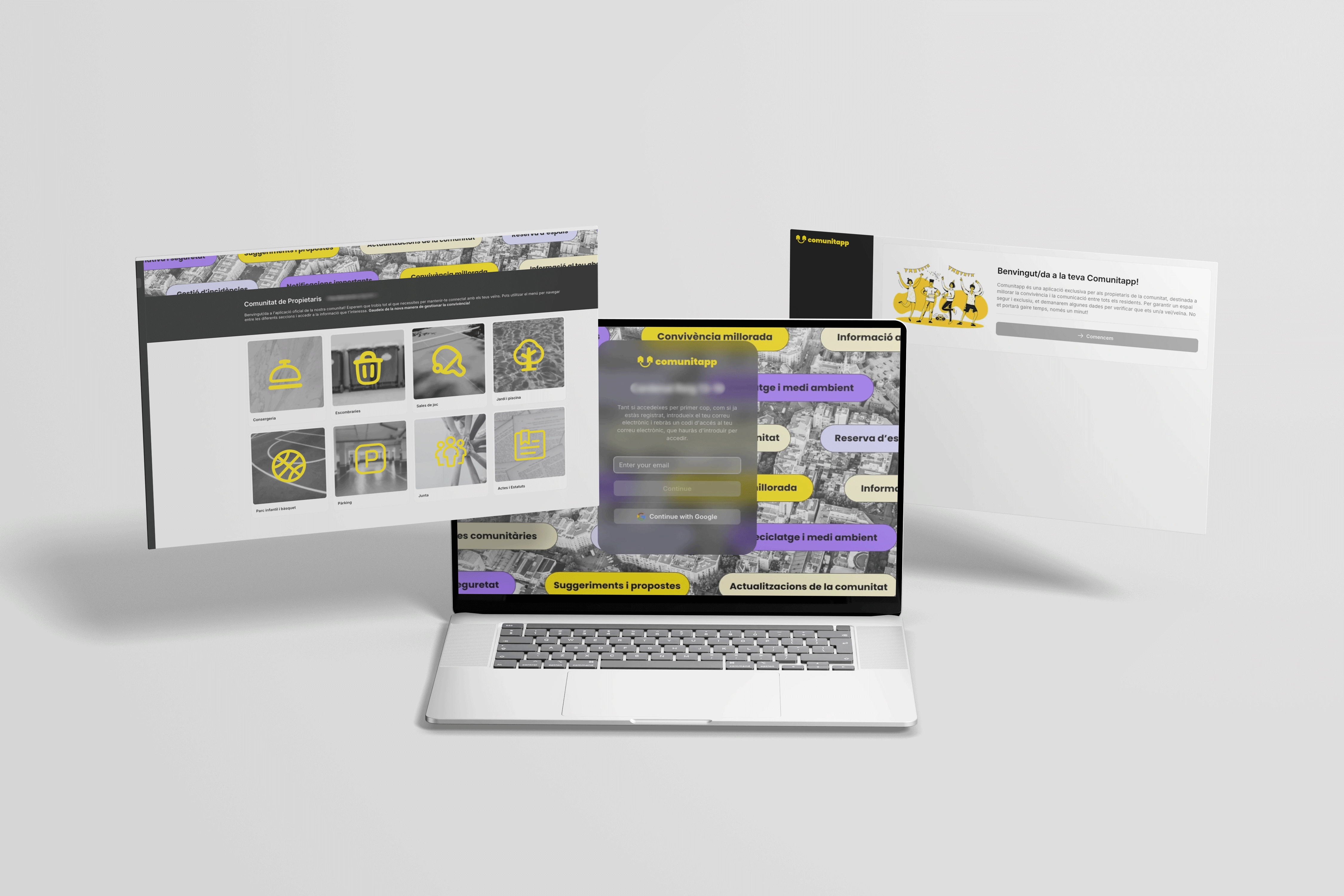Das beste CRM-System für Ihr Unternehmen ist das, das Sie entwerfen, um die Identität Ihres Unternehmens widerzuspiegeln und seinen Erfolg voranzutreiben. Lassen Sie es individuell anpassen und schöpfen Sie das wahre Potenzial Ihrer Kundenbeziehungen aus.
Die Nachteile standardisierter CRM-Tools
Bei der Recherche und dem Vergleich von CRM-Lösungen stehen mittelständische Unternehmen vor besonderen Herausforderungen, wenn es darum geht, das Kundenbeziehungsmanagement zu optimieren. Zu diesen Herausforderungen gehören:
- Kostspielige Investitionen: Standardmäßige CRM-Tools wie Salesforce, HubSpot oder Pipedrive sind mit erheblichen Preisen ausgestattet, was die Budgets mittelständischer Unternehmen belasten kann.
- Komplexität: Diese Systeme können komplex sein, eine umfangreiche Schulung erfordern und während der Implementierung zu Betriebsstörungen führen können.
- Eingeschränkte Anpassung: Obwohl sie eine Reihe von Funktionen bieten, stimmen vorgefertigte CRMs möglicherweise nicht immer mit Ihren spezifischen Geschäftsprozessen überein, was die Anpassungsfähigkeit einschränkt.
- Abhängigkeit vom Anbieter: Sie verlassen sich zunehmend auf die Roadmap und die Updates des CRM-Anbieters, was möglicherweise Ihre Fähigkeit beeinträchtigt, das System an Ihre sich ändernden Bedürfnisse anzupassen.
Standardisierte CRMs haben zwar ihre Vorzüge, die Nachteile sind jedoch unbestreitbar. Die Suche nach einer kostengünstigeren, flexibleren und maßgeschneiderten Lösung veranlasst uns, zu prüfen, welche anderen Optionen es gibt.
Anpassung ist der Schlüssel
Unternehmen sind einzigartig, und ihre Prozesse spiegeln diese Einzigartigkeit oft wider. Hier kommt die Anpassung ins Spiel. Der Kern der Anpassung besteht darin, ein CRM-System so anzupassen, dass es perfekt auf Ihre spezifischen Geschäftsanforderungen und -ziele abgestimmt ist.
Mit einem maßgeschneiderten CRM haben Sie die Möglichkeit:
- Entwerfen Sie Workflows, die wie angegossen zu Ihren Geschäftsprozessen passen.
- Integrieren Sie Funktionen, die für Ihre Branche und Ihren Kundenstamm am wichtigsten sind.
- Erstellen Sie eine benutzerfreundliche Oberfläche, die die Dateneingabe und den Datenabruf vereinfacht.
- Sorgen Sie für eine nahtlose Integration mit Ihrem vorhandenen Software-Stack.
- Optimieren Sie die Effizienz, indem Sie Aufgaben automatisieren und so die manuelle Arbeit reduzieren.
- Verschaffen Sie sich einen Wettbewerbsvorteil, indem Sie Ihr CRM an die individuellen Marktanforderungen und Kundenerwartungen anpassen.
Aber es geht nicht nur darum, sich an Ihrem aktuellen Stand der Dinge auszurichten. Ein gut durchdachtes, maßgeschneidertes CRM ist zukunftssicher. Wenn sich Ihr Unternehmen weiterentwickelt und sich Ihre Anforderungen ändern, kann sich Ihr CRM mit neuen Prozessen und Funktionen weiterentwickeln, ohne die Einschränkungen, die häufig mit Standardsystemen verbunden sind.
Warum sollten Sie sich also mit einem ausgefallenen Ansatz zufrieden geben, wenn Sie ein CRM haben können, das genau auf Ihre Spezifikationen zugeschnitten ist?
Erstelle dein eigenes CRM
Der Aufbau eines maßgeschneiderten CRM mag entmutigend klingen, aber es ist ein lohnendes Unterfangen, das mittelständische Unternehmen in die Lage versetzt, ein System zu entwickeln, das auf ihre individuellen Bedürfnisse zugeschnitten ist. Hier ist eine schrittweise Anleitung, die Ihnen den Einstieg erleichtert:
- Beurteilen Sie Ihre Bedürfnisse: Identifizieren Sie zunächst Ihre spezifischen CRM-Anforderungen und Ziele. • Was sind Ihre Hauptziele mit diesem CRM-System? Welche Daten müssen Sie erfassen und analysieren, um diese Ziele zu erreichen? Mit welchen Herausforderungen oder Engpässen sind Sie derzeit konfrontiert, die ein CRM bewältigen kann?
- Arbeitsabläufe entwerfen: Erstellen Sie Workflows, die nahtlos zu Ihren Geschäftsprozessen passen. Wie ist Ihre Vertriebs- oder Customer-Journey-Pipeline strukturiert? Welche Phasen durchläuft ein Lead oder Kunde in der Regel, vom ersten Kontakt bis zur Konversion und darüber hinaus? Gibt es bestimmte Aktionen oder Meilensteine, die verfolgt werden müssen?
- Struktur der Daten: Definieren Sie Datenfelder und Strukturen, die wichtige Informationen erfassen. Welche Kundendaten sind für Ihr Unternehmen von entscheidender Bedeutung? Wie sollten sie organisiert und kategorisiert werden, damit sie leicht abgerufen und analysiert werden können? Gibt es spezifische Datenpunkte, die für Ihre Branche oder Ihren Kundenstamm einzigartig sind?
- Entwicklung und Integration: Entwickeln Sie Ihr CRM und stellen Sie sicher, dass es sich reibungslos in bestehende Systeme integrieren lässt. Welche Technologien werden derzeit verwendet und wo passt die CRM-Integration hinein? Wie und von wo fließen Daten in das CRM? Gibt es irgendwelche Überlegungen zur Datenmigration?
In der Welt der CRM-Systeme Die Wahl zwischen einer Einheitslösung und einem maßgeschneiderten, maßgeschneiderten CRM ist wie die Wahl zwischen einem Anzug von der Stange und einem, der perfekt zu Ihnen passt.
Vorgefertigte CRM-Tools bieten zwar wertvolle Funktionen, sind aber auch mit Einschränkungen verbunden. Um diese Einschränkungen zu überwinden, müssen Sie ein benutzerdefiniertes CRM-System erstellen, das die Effizienz, Skalierbarkeit und Wettbewerbsfähigkeit verbessert.
Das beste CRM-System für dein Unternehmen ist jenes, welches du entwirfst, um die Eigenheiten deines Unternehmens widerzuspiegeln. Lass es individuell anpassen und hol das Beste aus deinen Kundenbeziehungen heraus.
Empfohlene Blogbeiträge
Entdecke unsere neuesten Artikel und Insights.



